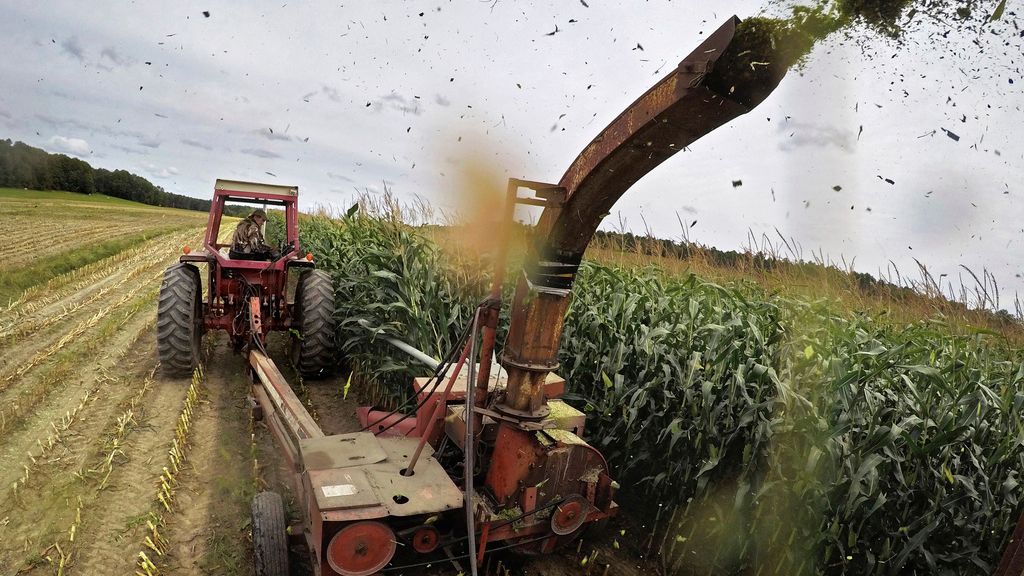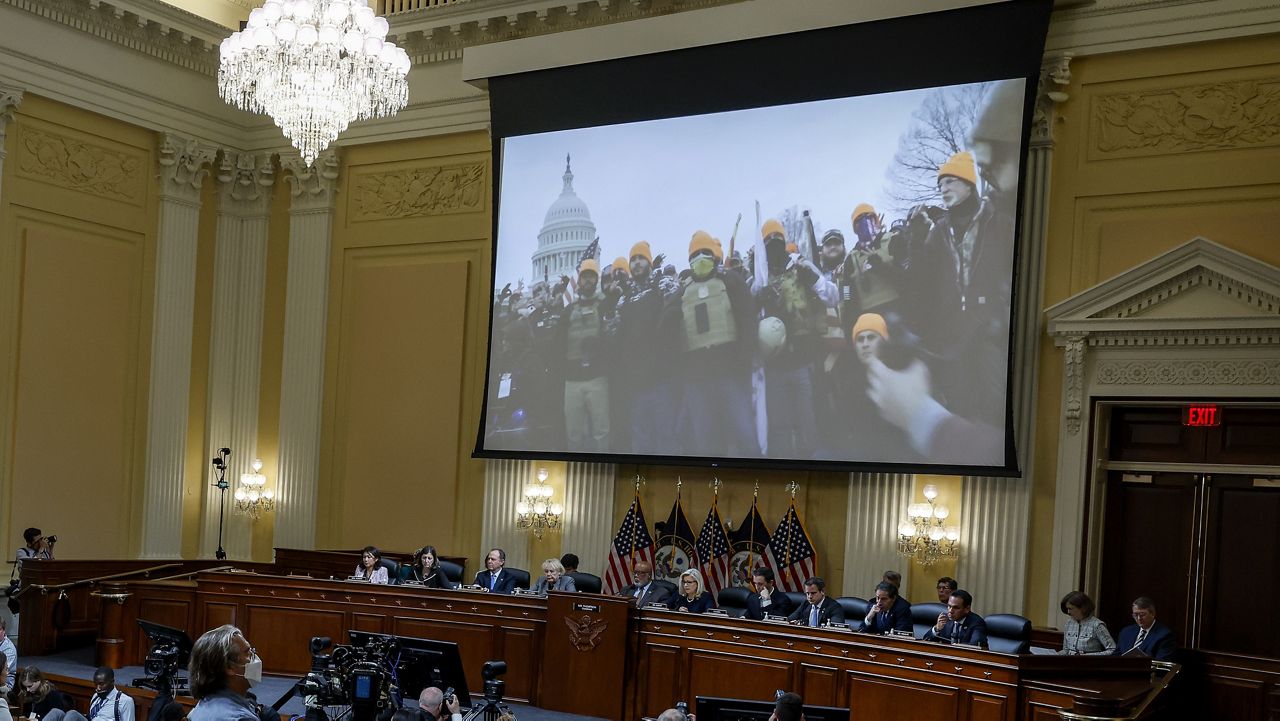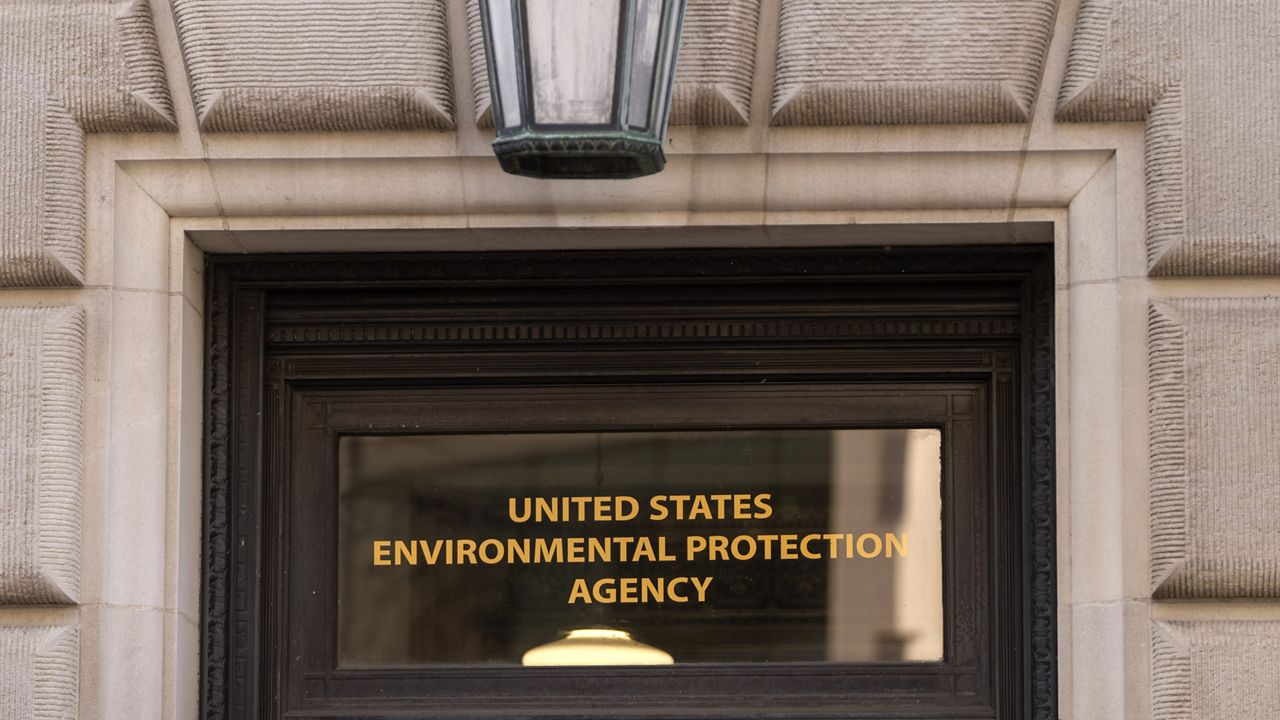With just weeks to go in the current Congressional session, 17 Republican governors are sounding the alarm on the consequences of lawmakers continuing to push back reauthorization of a full five-year farm bill.
In a letter sent to all four Congressional leaders this week, the GOP state leaders urged lawmakers to act on the sweeping omnibus agriculture policy bill “before it’s too late,” warning of the impacts of the U.S. becoming reliant on other countries for its food supply.
“We collectively request that Congress fulfills its obligation to protect and revitalize the agriculture industry before it’s too late,” the group of GOP state leaders wrote. “Any delay would directly impact every community in America.”
The sweeping omnibus agriculture policy bill that includes programs like the Supplemental Nutrition Assistance Program, formerly known as food stamps, is designed to be reauthorized every five years.
The last five-year bill – which the governors called “outdated” in their letter – was passed by Congress in 2018 and expired last year. With no new agreement in sight, lawmakers passed a one-year extension that lasted until Sept. 2024.
The Congressional Research Service noted that continuing resolutions – short-term patches to keep that government overall funded – allow some aspects of the bill to continue after expiration. Others, such as the farm commodity and dairy support programs, it says, will expire after the 2024 crop year and consequences will begin to be felt on Jan. 1, 2025.
The House and Senate currently each have their own versions of a proposed farm bill that would expire in 2029. One piece of legislation has to make it through both chambers, a feat that could be daunting before January when a new Congress takes power, especially during a period in which lawmakers will have to put time and energy into passing a full budget or another continuing resolution to avoid a government shutdown by Dec. 20.
In their letter, however, the governors warned against Congress passing another year-long extension of the bill. The agriculture industry, they argued, has been hindered by recent conditions, including high inflation and catastrophic weather events. Relying on another one-year extension instead of a fully reauthorized five-year bill, they said, would “leave farmers working under an outdated plan as they continue to face evolving challenges in today’s agricultural landscape.”
“Our nation’s agriculture industry is in trouble and if meaningful support is not provided soon the well-being of the nation is at risk,” the state leaders wrote.
The Republican governors who signed on to the message includes Kay Ivey of Alabama, Sarah Sanders of Arkansas, Brian Kemp of Georgia, Brad Little Idaho, Eric Holcomb of Indiana, Kim Reynolds of Iowa, Jeff Landry of Louisiana, Tate Reeves of Mississippi, Mike Parson of Missouri, Greg Gianforte of Montana, Joe Lombardo of Nevada, Mike DeWine of Ohio, Kevin Stitt of Oklahoma, Henry McMaster of South Carolina, Bill Lee of Tennessee, Spencer Cox of Utah and Jim Justice of West Virginia.










